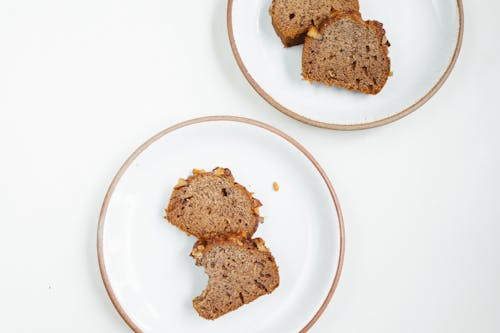
Suffering from morning sickness? Here's some mums' best tips and tricks!
There is nothing more frustrating, debilitating or downright awful than morning sickness. It’s not even just confined to the morning – it can hit anytime anywhere if you don’t know your triggers. Though most common in early pregnancy that usually clears up around 16-20 weeks, it can last the entire pregnancy.
Regardless of how long it lasts, its unpleasant and can really affect your day-to day routine and life. If it becomes severe or extreme pregnancy sickness, it can be diagnosed as hyperemesis gravidarum, which Kate Middleton famously suffered from. This is a serous condition a sit can prevent you from getting enough fluids and nutrients which may lead to malnutrition, meaning you may need further medical treatment.
Some warning signs when you’re vomiting that you need to seek further medical help are:
Dark-coloured urine
No urine in more than 8 hours
Unable to keep food or fluids down for 24 hours
You feel severely weak, dizzy or faint
You experience (abdominal) pain
You have a high temperature
You’re vomiting blood
You’ve lost weight

Morning sickness is an awful experience, but unfortunately, there seems to be no known cure-all that works for everyone. Everyone’s bodies and triggers are different, so the food that everyone will have to avoid and be able to eat will be different.
Easing symptoms will depend on your body but if you’re experiencing some of the more severe symptoms and it’s severely impacting your life, you may be able to obtain a prescription from your doctor or midwife for If these do not work for you or you're having more severe symptoms, your doctor or midwife might recommend medicine for you.
Anti-sickness medicine can be prescribed if your nausea and vomiting is severe and does not improve after trying lifestyle changes. They’re a short-term course of an anti-sickness medicine, called an antiemetic, that's safe to use in pregnancy. They’re usually given in tablet form but if you’re incapable of keeping anything down, your doctor may suggest an injection or a suppository.
But before you resort to that, there are some home methods recommended by doctors and fellow mums to attempt to soothe the symptoms of morning sickness.
Eat a bland diet
Eat frequent small meals
Drink plenty of liquids when not feeling nauseated
Avoid spicy and fatty foods
Eat high-protein snacks
Get lots of rest
Plenty of fluids – sip drinks slowly and frequently
Acupuncture
Ginger – the biscuit variety, or ginger tea works well
Vitamin B supplements
Plain carbs like pasta, rice, bread and potatoes
Foods high in zinc – seeds, wholemeal bread, small amounts of eggs and red meat
Bland meals
Cold meals
Flat fizzy drinks
Fruit or herbal teas like peppermint tea
Salted crisps

Lemonade
Motion sickness armbands
Rich Tea Biscuits
Fizzy water
Sucking on hard candy
Cucumber
Watermelon
Peanut butter on toast
Ginger ale
Brown bread

Ice cubes
Sugary tea
Green apples
Cream crackers
Mint- either tea or chew on leaves
Ice lollies to get in fluids



